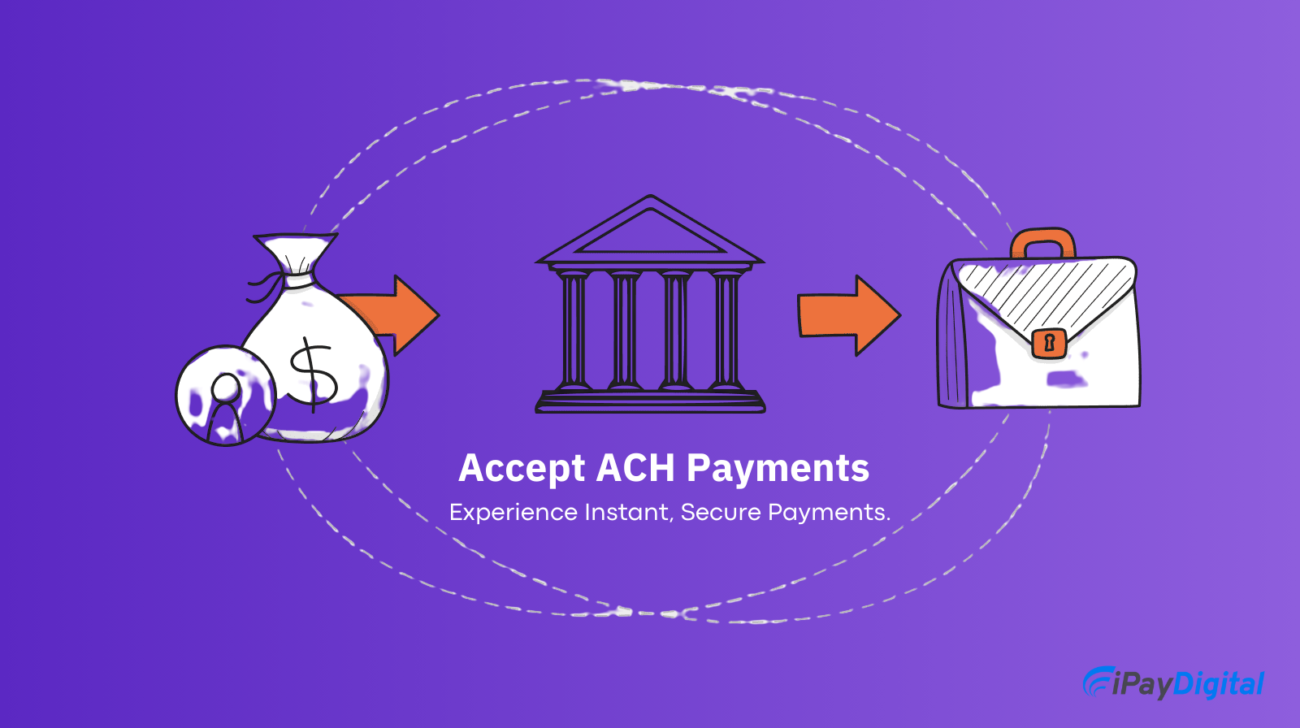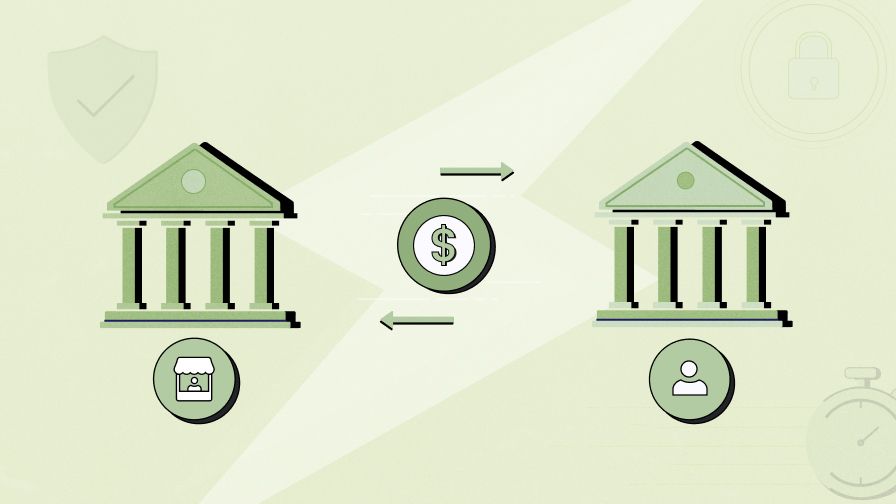Introduction
For any business that wants to accept credit cards, debit cards, or eCheck payments, a merchant account is essential. However, with so many options available, choosing the right merchant account can be overwhelming. A merchant account isn’t just about processing payments—it affects your cash flow, transaction fees, and even customer experience.
This guide breaks down everything you need to know about merchant accounts, including their types, features to look for, and how to select the best one for your business.
What Is a Merchant Account?
A merchant account is a type of bank account that allows businesses to accept electronic payments, including credit and debit card transactions. When a customer makes a payment, the funds are first deposited into the merchant account before being transferred to the business’s main bank account.
Merchant accounts are essential for businesses that sell online, in-store, or over the phone, as they act as intermediaries between customers, payment processors, and business owners.
Types of Merchant Accounts
Before choosing a merchant account, it’s important to understand the different types available. The right choice depends on your business model, transaction volume, and risk level.
1. Retail Merchant Accounts
Designed for brick-and-mortar stores, retail merchant accounts work with in-store point-of-sale (POS) systems. These accounts typically have lower transaction fees due to the lower risk of fraud compared to online transactions.
2. eCommerce Merchant Accounts
If you run an online store, you need an eCommerce merchant account to accept online payments. These accounts are usually integrated with a payment gateway and come with security features like fraud detection and chargeback protection.
3. High-Risk Merchant Accounts
Some industries, such as gambling, adult services, and CBD sales, are considered high-risk due to higher chargeback rates or regulatory scrutiny. High-risk merchant accounts come with higher processing fees but allow businesses in these industries to accept payments legally.
4. MOTO (Mail Order/Telephone Order) Merchant Accounts
These accounts are designed for businesses that process payments over the phone or through mail orders. They require a virtual terminal for entering customer payment details manually.
5. Aggregated Merchant Accounts
Aggregators like PayPal, Stripe, and Square allow businesses to process payments without opening a dedicated merchant account. These accounts are easy to set up but come with higher processing fees and limited customization.
Key Features to Look for in a Merchant Account
Choosing the right merchant account involves more than just looking at processing fees. Here are key features to consider:
1. Transaction Fees and Pricing Structure
- Interchange-Plus Pricing: Transparent pricing where the business pays the interchange fee (set by card networks) plus a fixed markup.
- Flat-Rate Pricing: A single fee per transaction, ideal for businesses with low transaction volumes.
- Tiered Pricing: Fees vary depending on the type of transaction, which can be more expensive and complex.
2. Payment Processing Speed
Some merchant accounts take 24–48 hours to deposit funds, while others may take up to a week. Faster processing times can improve cash flow.
3. Security and Fraud Protection
Look for features such as:
- PCI DSS compliance (mandatory for handling card payments)
- Tokenization and encryption
- Chargeback prevention tools
- AI-driven fraud detection
4. Integration with Business Tools
If you use accounting software like QuickBooks or an eCommerce platform like Shopify, ensure the merchant account integrates seamlessly with these tools.
5. Customer Support
24/7 customer support is critical, especially if you run an online store. Issues with payment processing can impact sales, so you need quick and effective support.
6. Scalability and Flexibility
If you plan to grow your business, choose a merchant account that can scale with you. Look for flexible contract terms and the ability to add new payment methods easily.
How to Choose the Right Merchant Account
With so many options, how do you select the best merchant account for your business? Follow these steps:
Step 1: Identify Your Business Needs
Ask yourself:
- Do you sell online, in-store, or both?
- What is your average transaction volume?
- Do you need international payment processing?
- How important is fast fund settlement to your business?
Step 2: Compare Pricing and Fees
Evaluate the overall cost, including:
- Monthly fees
- Transaction fees
- Chargeback fees
- Setup fees (if any)
A merchant account with low transaction fees but high monthly fees may not be cost-effective for small businesses.
Step 3: Evaluate Security Features
Ensure the provider offers robust security features to prevent fraud and data breaches. This is especially important for online businesses.
Step 4: Check Compatibility with Existing Systems
If you already use a POS system or payment gateway, ensure your merchant account integrates seamlessly to avoid additional costs and operational headaches.
Step 5: Read Customer Reviews and Test Customer Support
Look at online reviews to see what other business owners say about the provider. Call customer support with questions to test their responsiveness.
Step 6: Review the Contract Terms
Some merchant accounts lock businesses into long-term contracts with early termination fees. Look for flexible, month-to-month options if possible.
Top Merchant Account Providers (2025)
Here are some of the best merchant account providers, based on pricing, reliability, and customer service:
- iPay Digital – A reliable option for businesses seeking secure payment processing with competitive rates and seamless integration.
- Square – Best for small businesses and startups (no monthly fees, flat-rate pricing)
- PayPal for Business – Easy setup with global reach (higher fees but no long-term contracts)
- Helcim – Transparent pricing and excellent customer support
- Stax – Ideal for high-volume businesses with a subscription-based model
- Authorize.net – Great for businesses needing advanced fraud protection
- Dharma Merchant Services – Best for ethical and transparent pricing
Conclusion
Choosing the right merchant account is a crucial decision that impacts your business’s financial health and customer experience. By understanding your needs, comparing fees, evaluating security features, and checking integration capabilities, you can find the perfect merchant account provider for your business.
Whether you’re a small retailer, an eCommerce entrepreneur, or a high-risk business owner, there’s a merchant account tailored to your needs. Take the time to research and make an informed decision to ensure smooth, secure, and cost-effective payment processing for your business.














